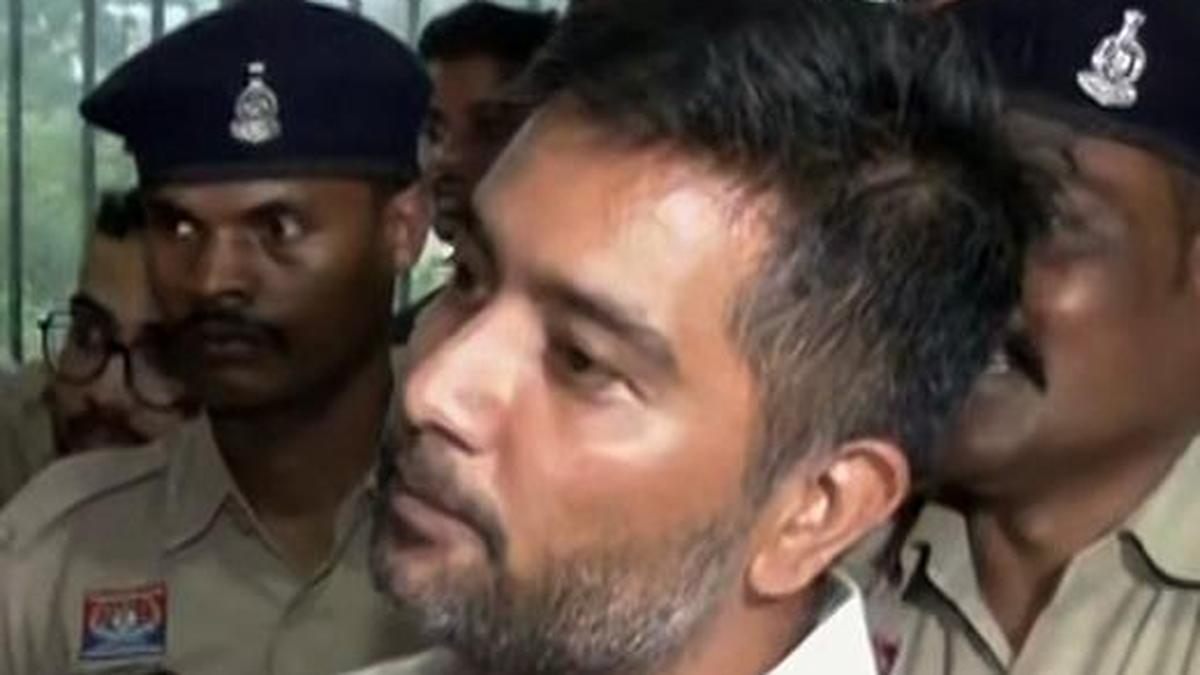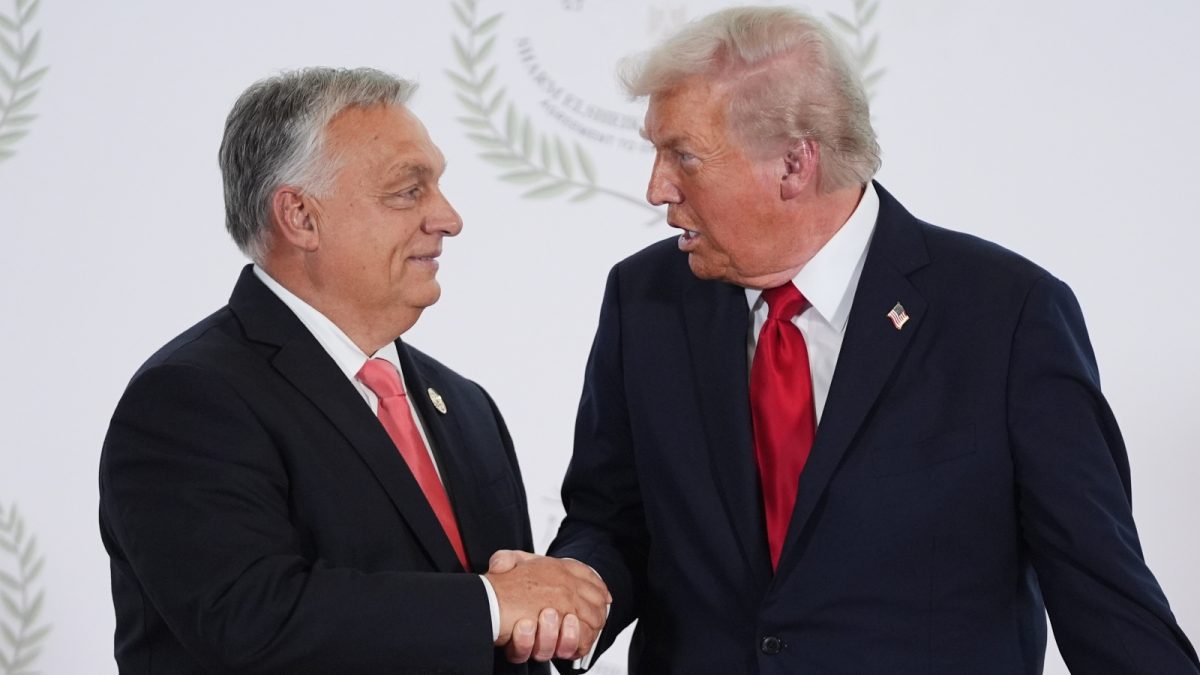The Kerala High Court has directed the State government to consider an application by Roopesh T.R., an alleged Maoist leader, who sought permission to publish a book, Bandhitharude Ormakurippukal (Memoirs of the Incarcerated), that he authored while serving sentence at the Viyyur Central Jail.
He had been convicted under the Unlawful Activities (Prevention) Act (UAPA) and the IPC.
While in prison, he successfully completed a master’s programme in History from Indira Gandhi National Open University and is currently pursuing master's in Philosophy and Malayalam. The Superintendent of the Prison had forwarded his application and the manuscript of the book along with his recommendation to the Director General of Prisons and Correctional Services. Mr. Roopesh approached the court, aggrieved by the inordinate delay in taking a decision on his request.
He contended that the Kerala Prisons and Correctional Services (Management) Act, 2010 does not contain any provision that prohibited the publication of literary works of prisoners. On the other hand, clause (a) of Section 36 of the Act guaranteed the right to live with human dignity to every prisoner, while clause (f) granted protection against unreasonable discrimination, and clause (k) ensured enjoyment of fundamental rights under Part III of the Constitution. The right to live with human dignity and enjoy fundamental rights encompassed the right to freedom of thought and expression. Moreover, curtailment of the right militates against the reformative and rehabilitative purposes of the Act. He further alleged that he was being discriminated, as many other prisoners were granted permission to publish their works.
Content needs to be verified
The government pleader said that the government was not standing in the way of the petitioner publishing his book. At the same time, he is guilty of offences under the UAPA. Before granting permission, it has to be ascertained whether the contents of the book violated any provisions of the UAPA or contained defamatory, derogatory or sensitive material requiring redaction. The book also has to be verified to ensure that it did not promote or incite violence, hatred or disaffection, glorified unlawful ideology or furthered the objectives of any banned organisation. Therefore, in the petitioner’s case, the government will take a decision after detailed scrutiny of the manuscript, and the process will take at least three months.
A Bench of Justice V.G. Arun said that the fundamental rights of prisoners are not completely taken away upon conviction. It is essential to bear in mind that thoughts and dreams being internal and intangible are beyond external control or curtailment. They are the ultimate realm of personal freedom, where imagination and reflection thrive without restriction. This inner sovereignty is a fundamental aspect of human dignity. When abstract thoughts get crystallised and sequenced, they take the shape of words and sentences.
The petitioner’s request to publish his book cannot be denied in the absence of deleterious or harmful content, the court said and disposed of the petition by directing the State government to take a decision on the petitioner’s application for permission to publish his book, within three months.

 1 hour ago
2
1 hour ago
2







 English (US) ·
English (US) ·